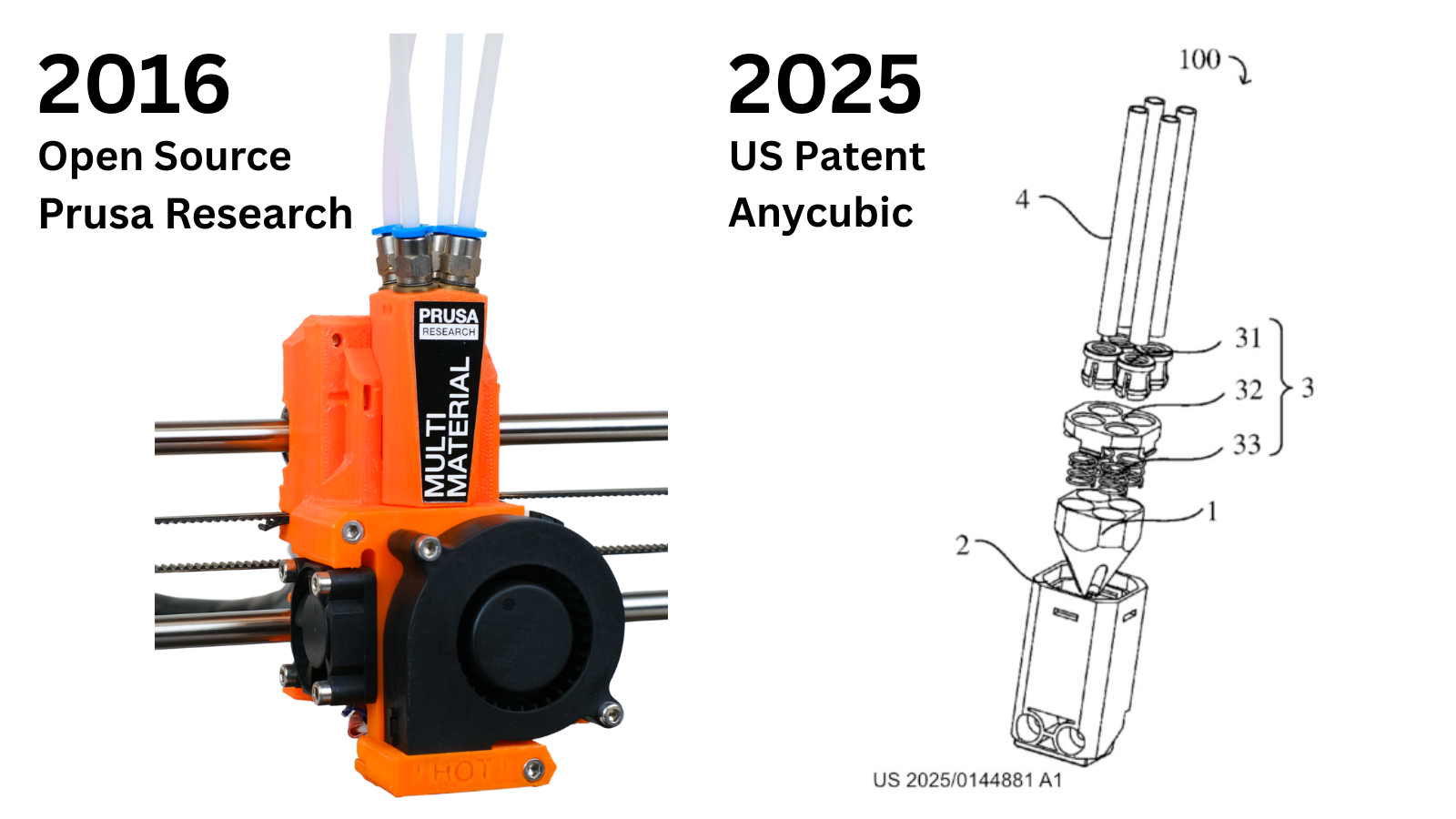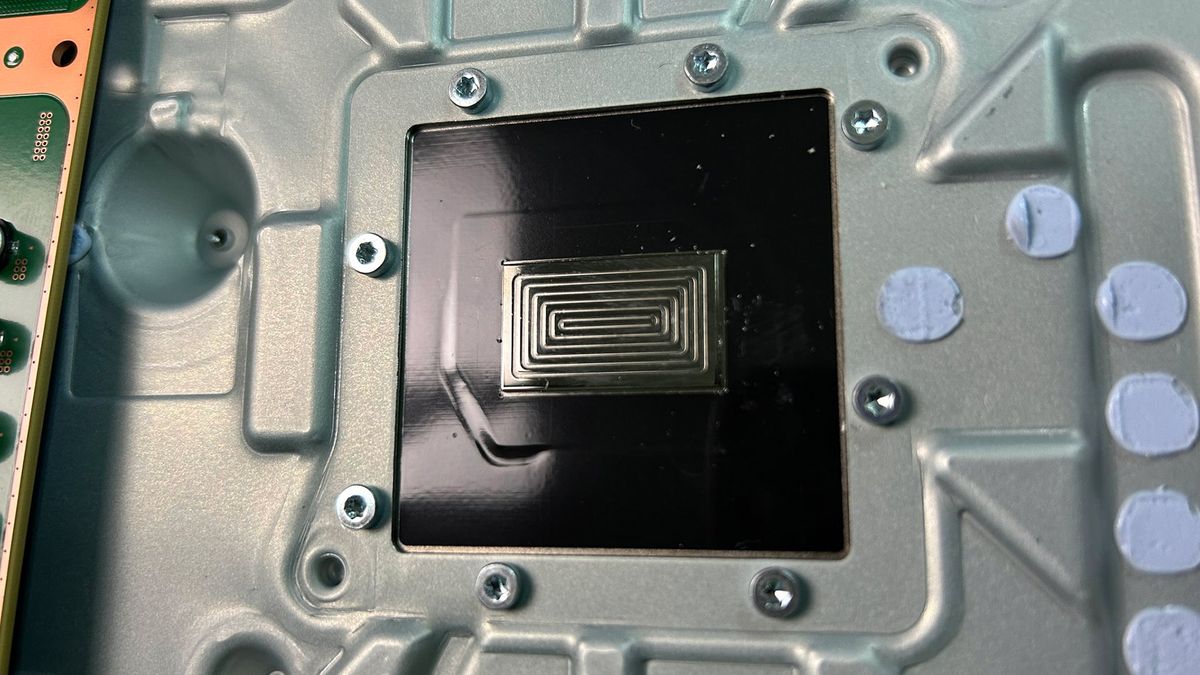Josef Prusa, Founder and CEO of Prusa Research, declared “open hardware desktop 3D printing” is dead. It’s a shocking statement coming from a man with the Open Source logo tattooed on his forearm. But it’s also true. Prusa cites the rise of China's 3D printing industry and the country's permissive patent system as a key pain point.
Prusa recently outlined his thoughts on the demise of Open Source Hardware, something he has championed since starting his company “in a moldy basement in Prague, packing printer frames in pizza boxes.” Prusa Research proudly believed in the open-source philosophy, an idea where both people and companies share research and innovations to grow an industry together.
But that Open Source movement couldn’t begin until after patents on the core technology, filed by inventor Scott Crump, started to expire in 2009. Crump founded Stratasys in the 1980s, and its patents limited 3D printing to proprietary industrial machines. The aversion to patents by fans of Open Source is understandable when you realize that 3D printing was kept out of reach for decades by a few corporations.
It was also a machine that was easily copied and cloned. In 2017, Thomas Sanladerer posted a YouTube series on cheaply cloning the Prusa MK2, just nine months after the machine’s launch. He admits in the video’s opening that “Prusa is going to hate me for this one,” but since the machine was completely Open Source, it was not only legal, it was a fun challenge.
Prusa Research also noticed a massive uptick in Chinese patents on 3D printer technologies. Patents are regional, not global, and Open Source is an honor system many choose to ignore. It only costs $125 US to file a patent in China, but roughly $12,000 to $75,000 to strike one down, according to Prusa’s figures.
Chinese companies are raiding the Open Source cookie jar, so to speak, taking existing ideas and claiming them as their own. Because patents are contained within a country’s borders, this doesn’t mean a company from China can prevent Prusa Research from making printers, but it does mean they can’t sell them in China. It’s going to get ugly when a company uses a Chinese patent as prior art to convince the US Patent Office to issue a patent here, and spend thousands of dollars to correct this kind of oversight.

Prusa pointed out that his company’s first Open Source MMU design was recently granted such a US Patent for Anycubic, which uses the tech in the new Kobra 3 Combo. This is getting quite confusing, as the design also inspired Bambu Lab’s A1 and A1 Mini multicolor hub, which launched several years before Anycubic’s color machine.
Of course, Bambu Lab is fighting its own patent disputes, going toe to toe with the American giant that started it all, Stratasys.

 3 months ago
62
3 months ago
62






 English (US) ·
English (US) ·